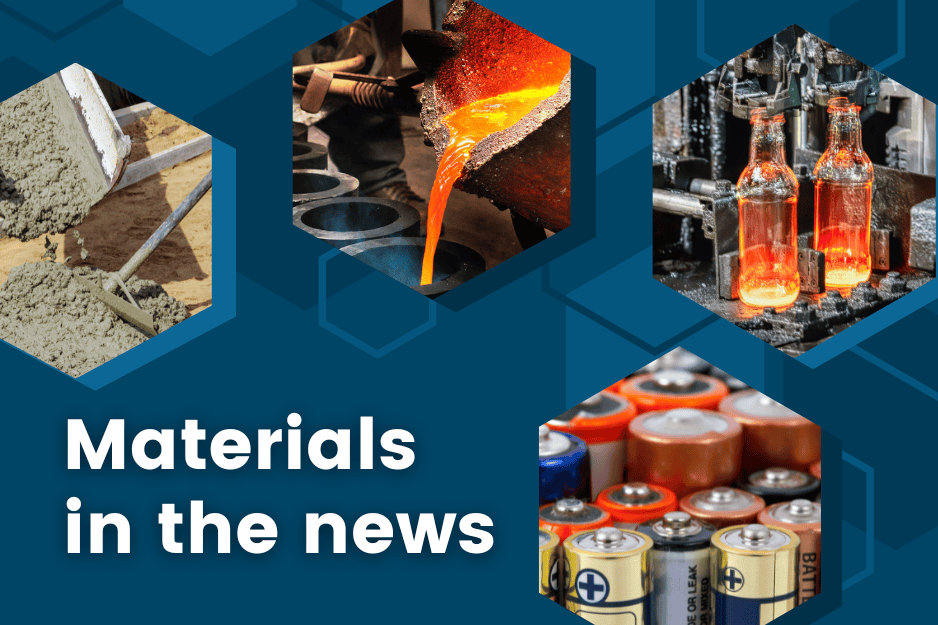
[Images above] Credit: NIST
NANOMATERIALS
Microscope enables simultaneous measurement of nanocomposite material properties
The Korea Research Institute of Standards and Science developed a hybrid microscope capable of simultaneously measuring various nanomaterial properties. Instead of using lenses, the microscope employs a fine functional probe to tap the sample, allowing measurement of the optical and electrical properties as well as shape.
Using light to precisely control single-molecule devices
Columbia University researchers built highly conductive, tunable single-molecule devices in which the molecule is attached to leads by using direct metal–metal contacts. Their novel approach uses light to control the electronic properties of the devices and opens the door to broader use of metal–metal contacts.
ENERGY
Tests show high-temperature superconducting magnets are ready for fusion
Researchers at Massachusetts Institute of Technology’s Plasma Science and Fusion Center and spinout company Commonwealth Fusion Systems published six peer-reviewed papers that describe the design, fabrication, and evaluation of a new high-temp superconducting magnet that achieved a world-record magnetic field strength of 20 tesla.
Healable cathode could unlock potential of solid-state lithium–sulfur batteries
Researchers led by the University of California, San Diego developed a new cathode material for solid-state lithium–sulfur batteries that is electrically conductive and structurally healable. The cathode consists of iodine molecules inserted into a crystalline sulfur structure.
BIOMATERIALS
Flexible artificial intelligence optoelectronic sensors toward health monitoring
Tokyo University of Science researchers fabricated a photoelectronic artificial synapse device composed of gold electrodes on a thin film of zinc oxide nanoparticles and cellulose nanofibers. The film generated distinct currents in response to time-series optical input, which will help with detecting sudden changes or abnormalities in health-related signals.
ENVIRONMENT
Can microplastics be used to make concrete?
Researchers at Norwegian University of Science and Technology are investigating the possibility of replacing natural aggregates in concrete with rubber granules from artificial turf as a way to reuse this waste material.
Arctic could become ‘ice-free’ within a decade
The Arctic could see summer days with practically no sea ice as early as the next couple of years, according to a new study out of the University of Colorado Boulder.
OTHER STORIES
Flexible nanodiamonds could boost EV charging and performance
Researchers at Fraunhofer USA in Michigan, an international affiliate of the German research institute, developed diamond nanomembranes that can be integrated into electronic components, reducing the local heat load by up to 10 times.
Exploring the surface properties of nickel oxide with low-energy electron diffraction
Sophia University researchers carried out a low-energy electron diffraction analysis of the antiferromagnetic crystal nickel oxide. Their results provide insights into the coherent spin exchange scattering in this material, which will help nickel oxide be used in spintronics.
Scientists create glass that generates electric current
Researchers at Tokyo Institute of Technology and Swiss Federal Institute of Technology Lausanne confirmed the generation of a current on tellurite glass after they etched a circuit into its surface with a femtosecond laser.
Breakthrough LCD tech creates full-color dynamic hologram displays
Researchers from three universities in China and Singapore developed the first single-layer liquid crystal device able to generate completely arbitrary dynamic holographic images encompassing the full visible color spectrum.
Author
Lisa McDonald
CTT Categories
- Weekly Column: “Other materials”
